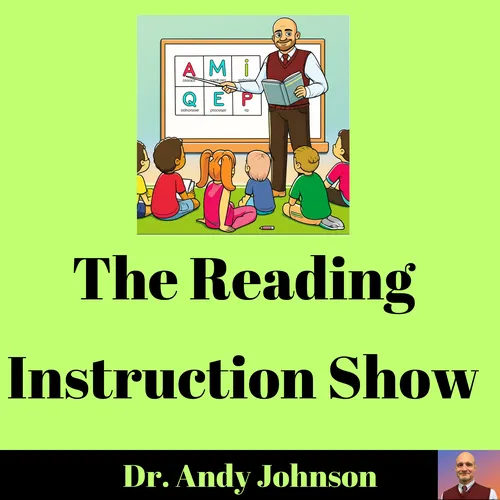
The Reading Instruction Show
The Reading Instruction Show is a podcast about reading instruction (and other things) with a little bit of attitude. There is plenty here to inform and entertain all. And, by the way, I'm not trying to sell any books. I don't have any curriculum or programs to market. I don't accept speaking fees. And, I don't ever want to be a consultant.
- Update frequency
- every 8 days
- Average duration
- 15 minutes
- Episodes
- 295
- Years Active
- 2019 - 2025
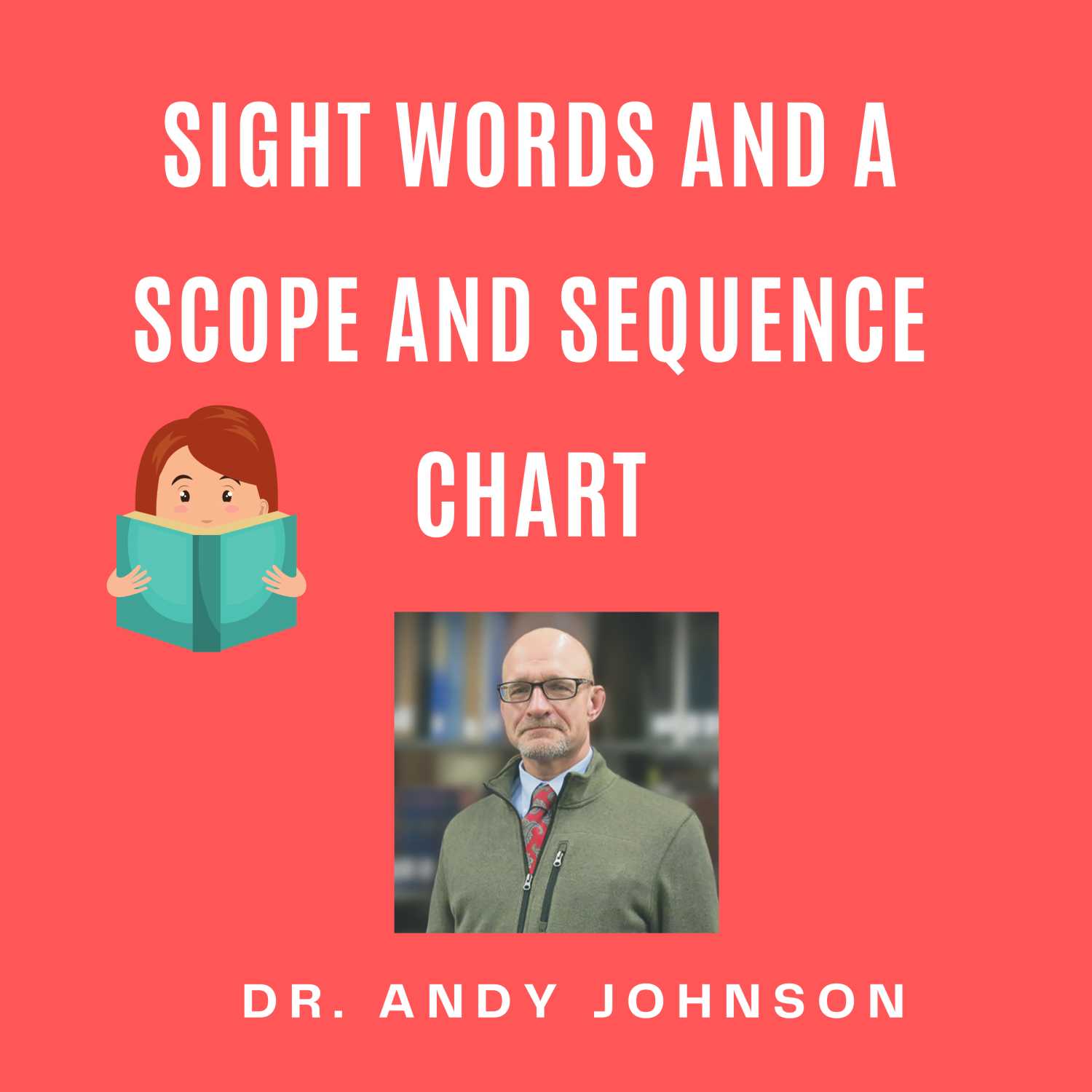
SIGHT WORDS AND SCOPE AND SEQUENCE CHARTS
This podcast describes strategies for attending to sight words in a meaning-based approach to reading. It ends with an examination of scope and sequence charts.
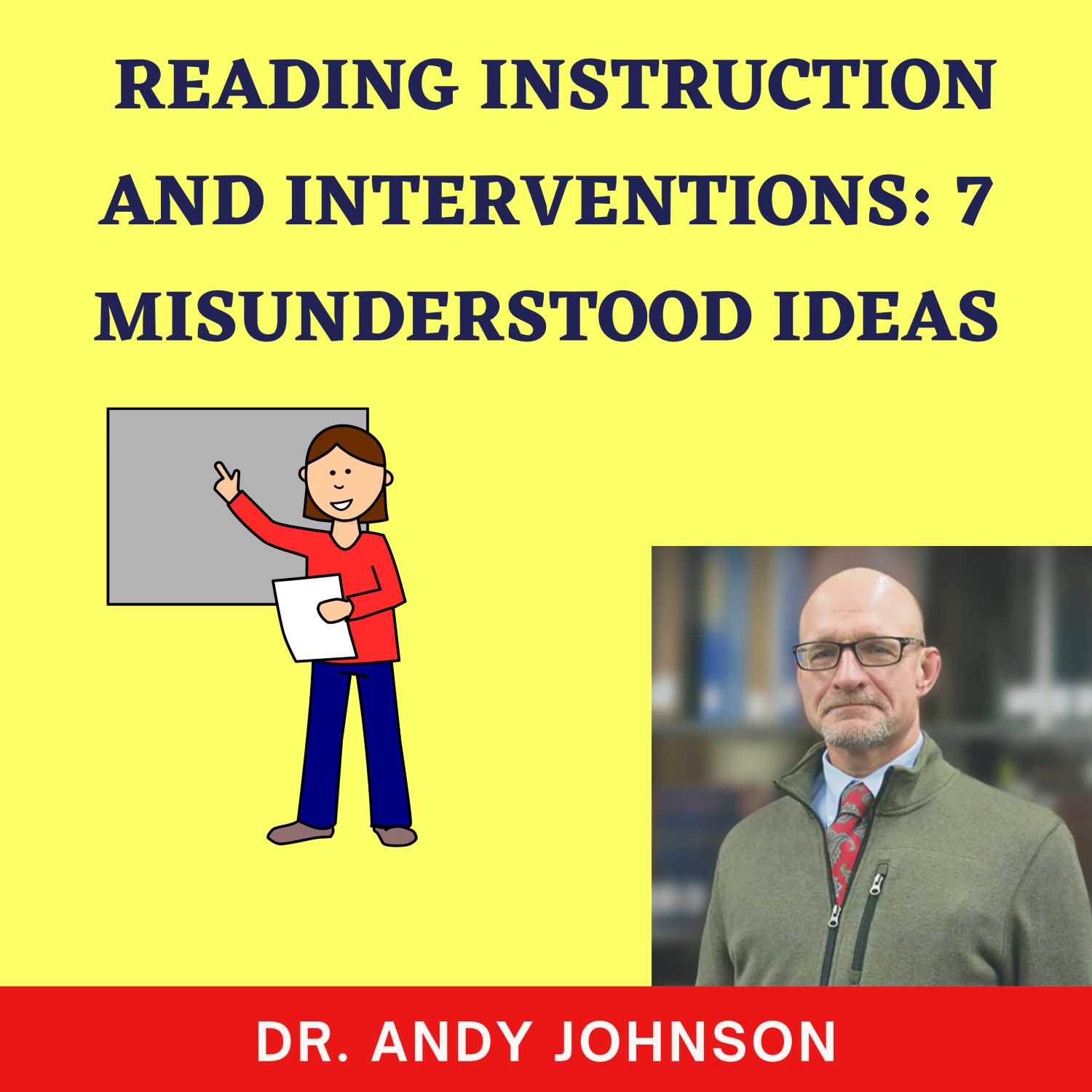
UNDERSTANDING COMMONLY MISUNDERSTOOD TERMS AND CONCEPTS RELATED TO READING INSTRUCTION AND INTERVENTIONS
There are eight terms related to reading instruction that are commonly misunderstood: (1) reading, (2) word recognition, (3) word identification, (4) decoding, (5) a strategy, (6) a skill, (7) system…
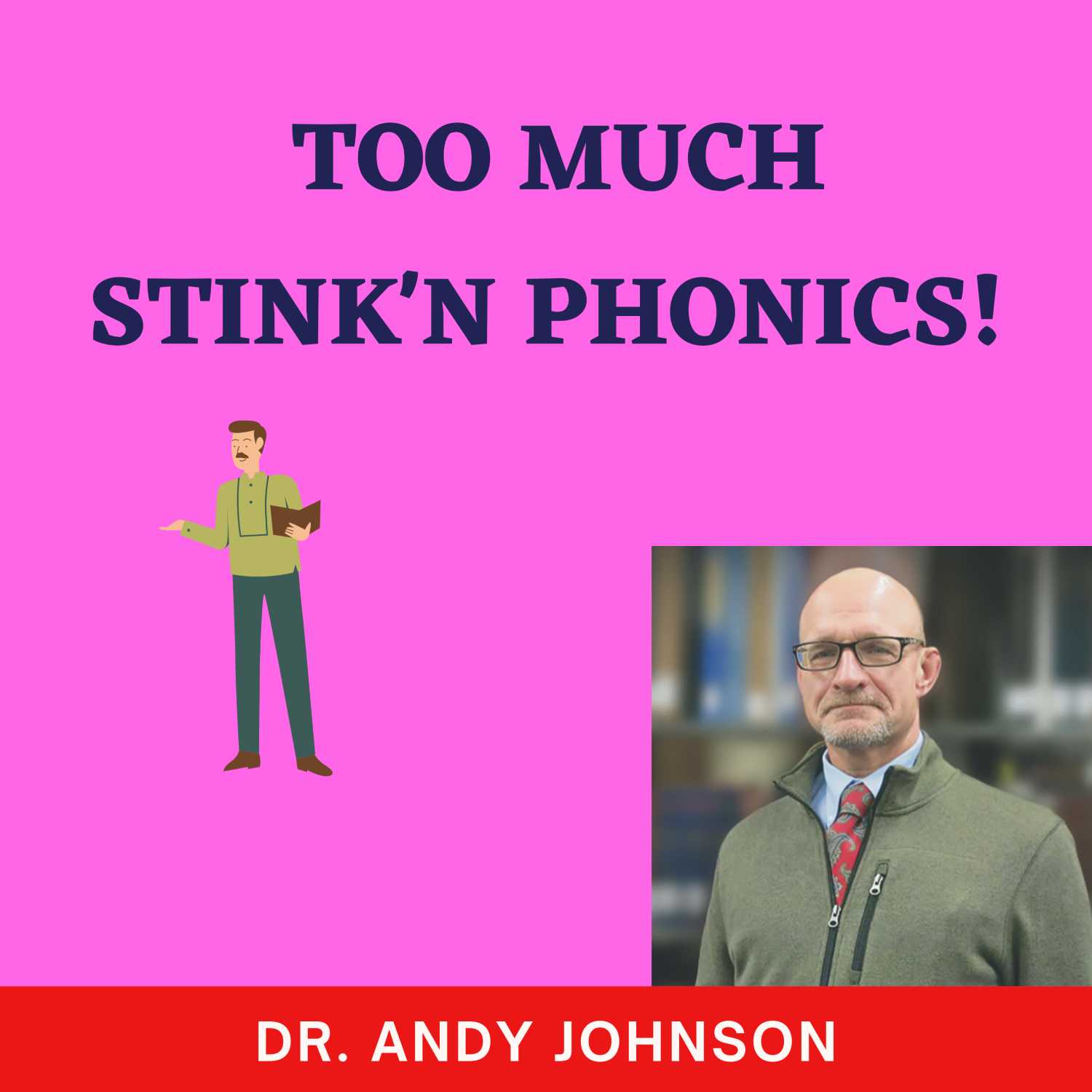
TOO MUCH STINK'N PHONICS
Phonics is the ability to associate sounds with letters or letter patterns. Phonics is one of four ways used to identify individual words as we read. The other three are: (a) analogy [word families],…
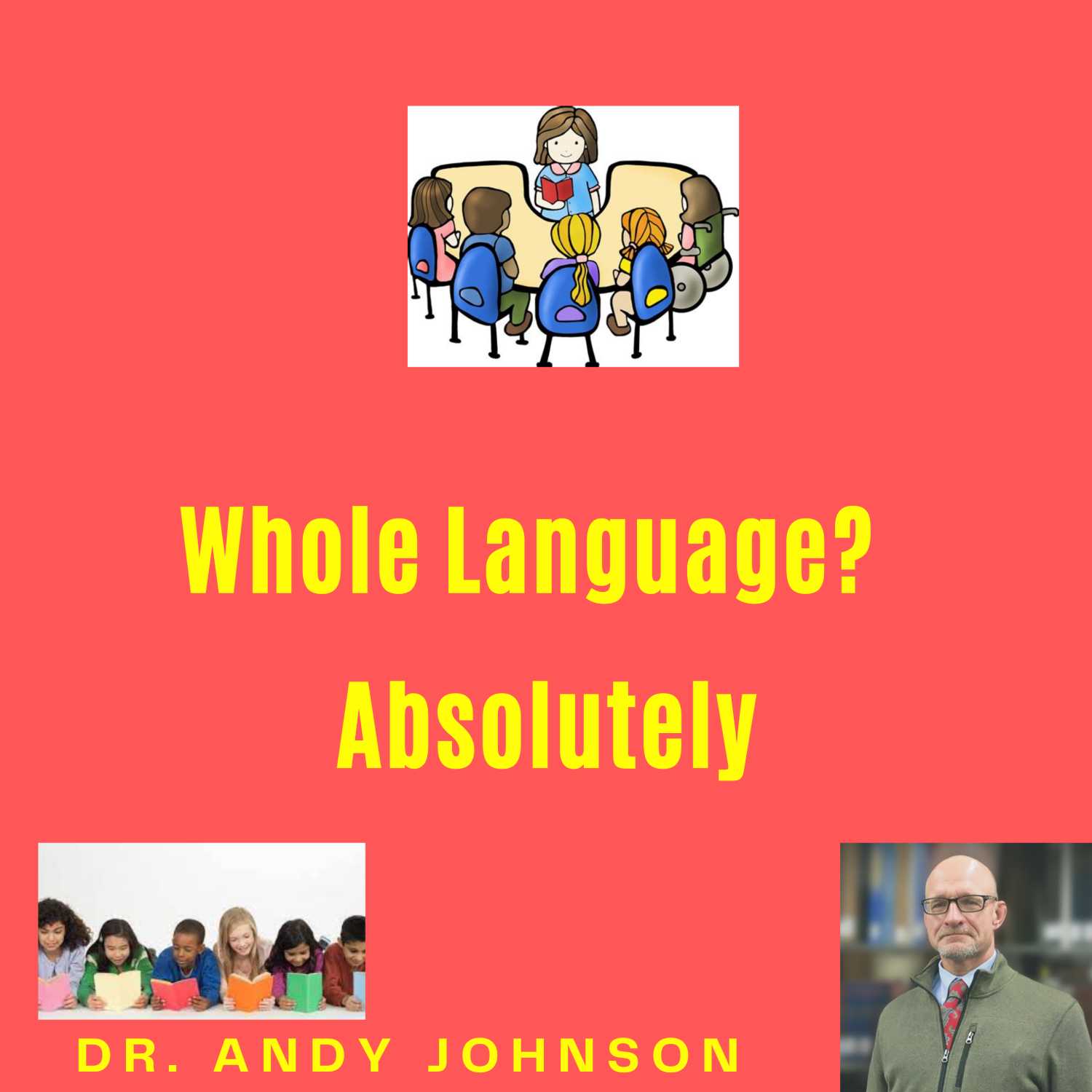
ARE WE STILL TALKING ABOUT WHOLE LANGUAGE? YUP.
In viewing online discussion groups and reading various articles related to reading instruction and struggling readers, it is clear that many believe that ‘whole language’ is a bad thing. All well an…
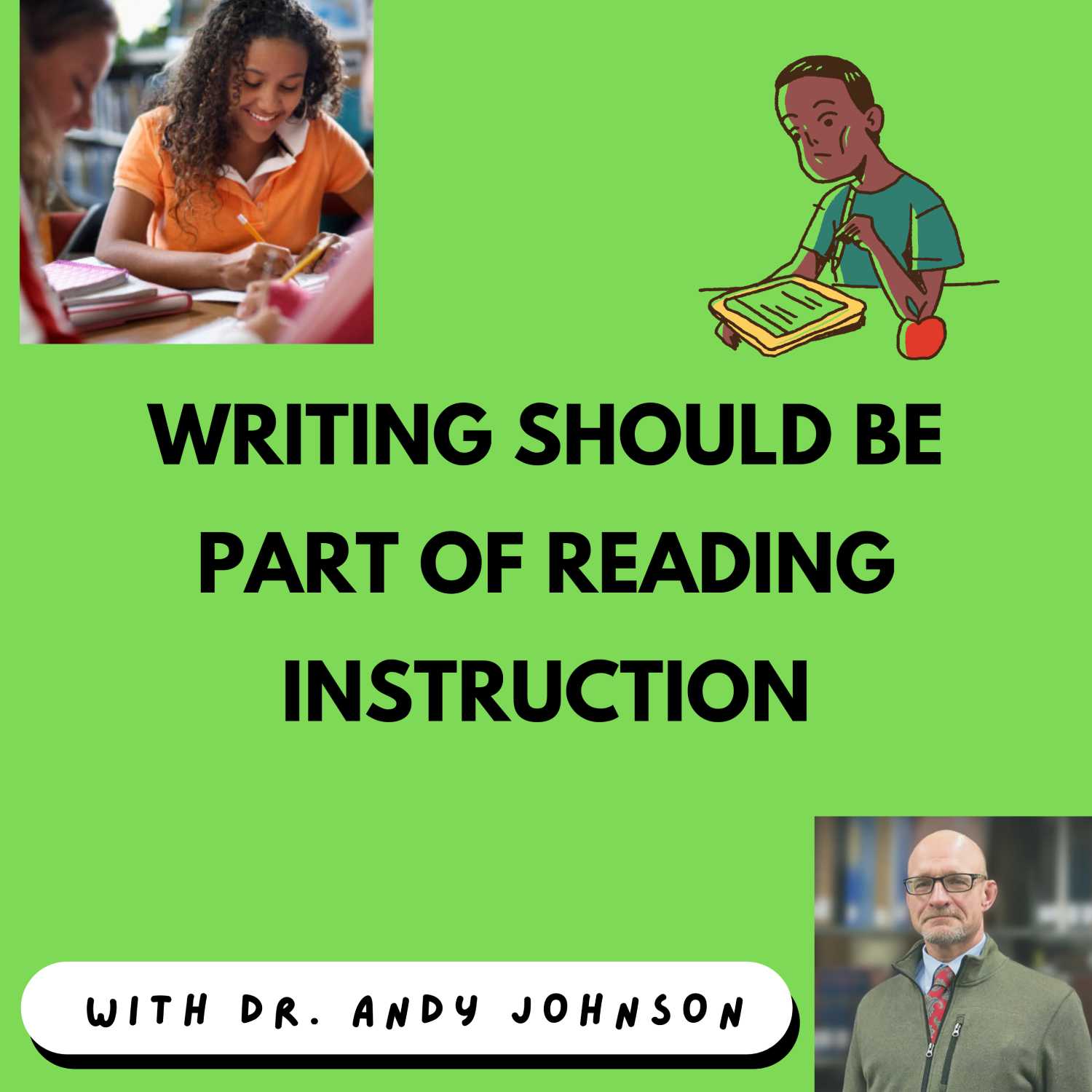
WRITING SHOULD BE PART OF READING INSTRUCTION
After wide reading, writing is probably the next best thing you can use to help struggling readers. You can often hear beginning and emergent readers sounding out words as they listen to find the cor…
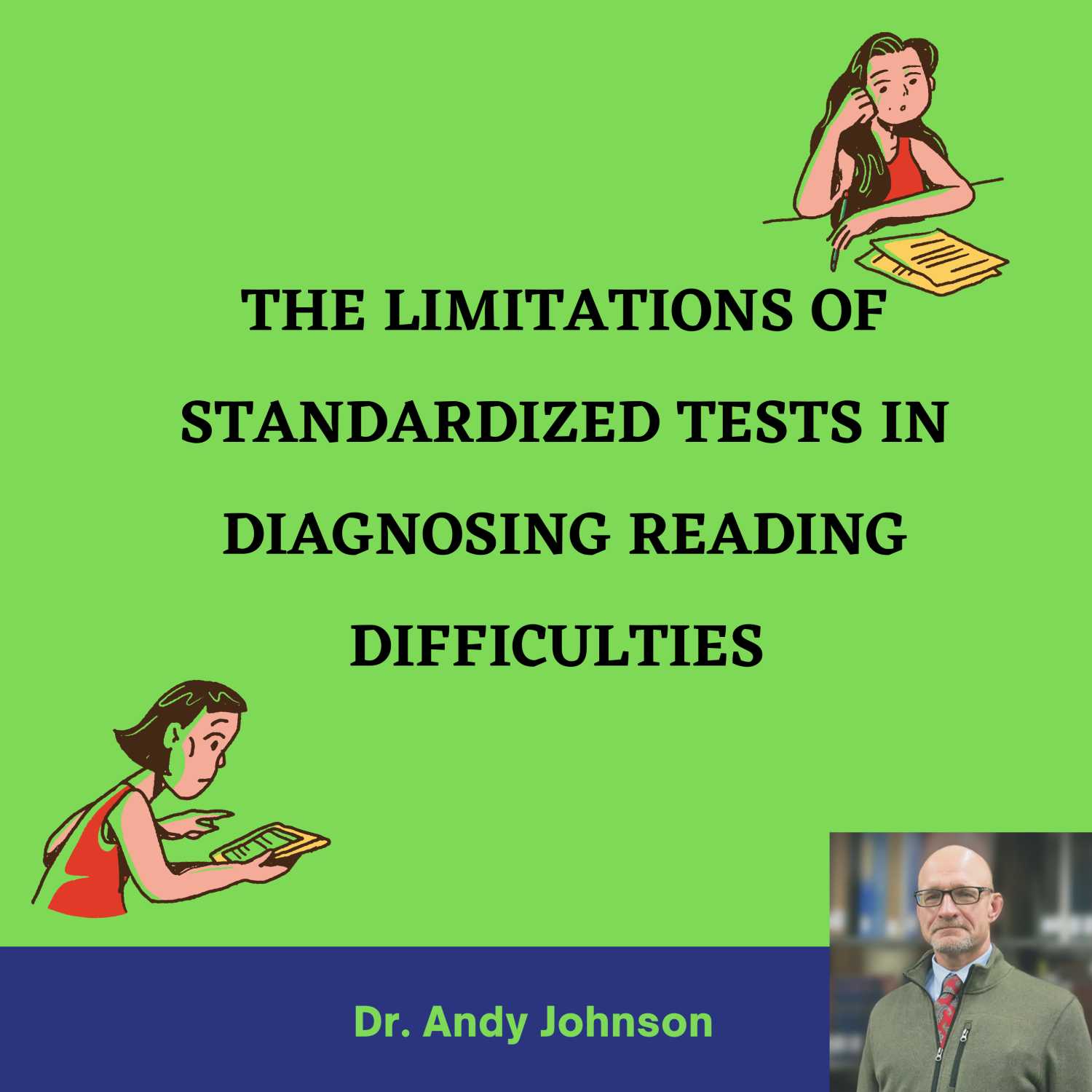
THE LIMITATIONS OF STANDARDIZED TESTS FOR DIAGNOSING READING DIFFICULTIES
Standardized tests are effective for describing how far students are from a mythical average. They are very ineffective in diagnosing the cause of reading difficulties. This podcast explains.

THE SCIENCE, ART, AND CRAFT OF TEACHING - AND EXPERT TEACHERS HAVE FOUR TYPES OF KNOWLEDGE.
The teacher is the most significant variable in determining how much learning takes place in any classroom. We must attend to this most significant variable. This occurs through professional develo…

SOCIAL COGNITIVE LEARNING THEORY - APPLICATIONS
This podcast explains and describes social cognitive learning theory and its applications. Social cognitive learning theory involves observing the behaviors of others and the resulting rewards and p…

RESPONDING TO TEXT AND WHY THE COMMON CORE STATE STANDARDS ARE RIDICULOUS
This podcast describes efferent and aesthetic responses to text. It explains how we should approach and respond to expository (informational) and narrative text. It also explains why some of the Com…
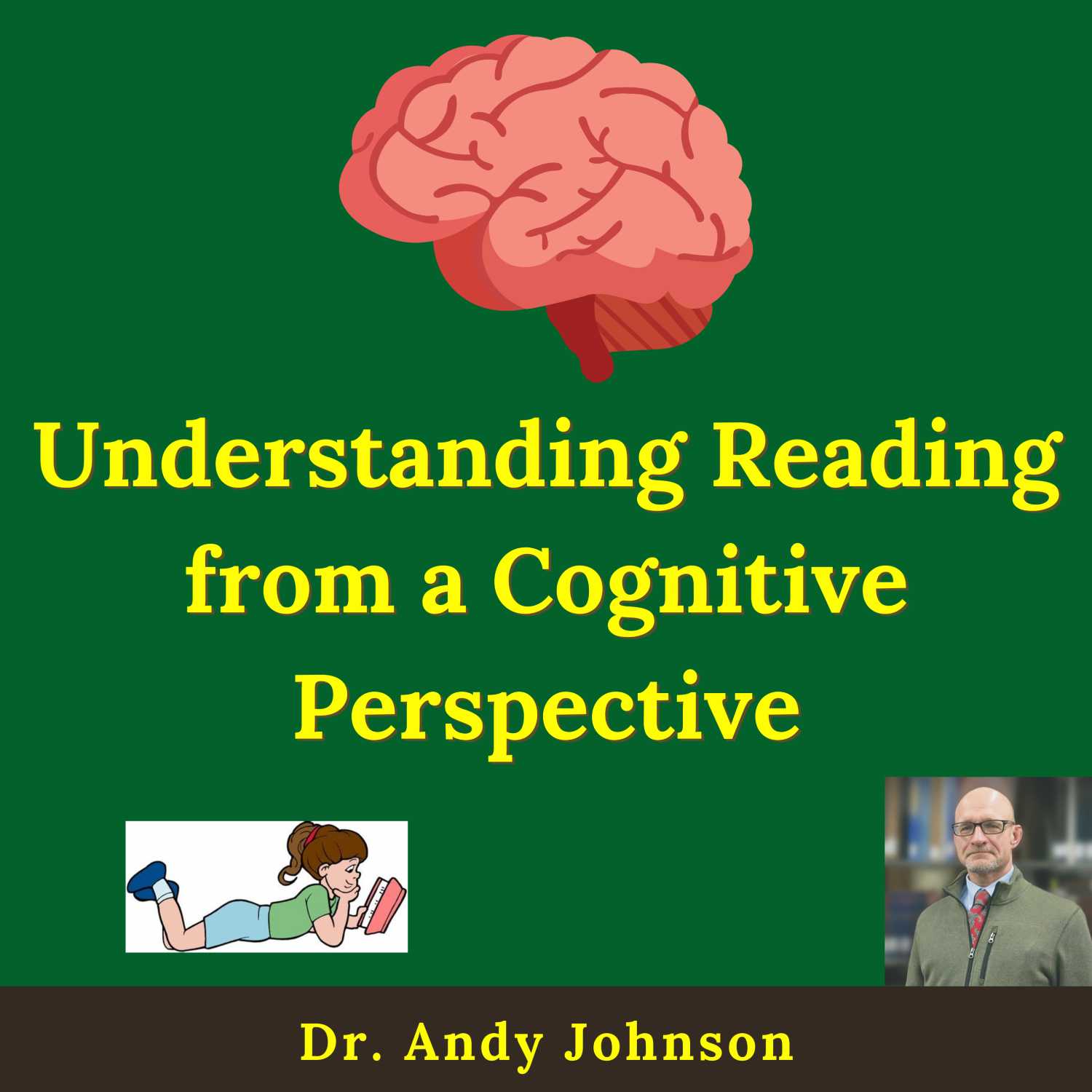
UNDERSTANDING READING FROM A COGNITIVE PERSPECTIVE
This podcast describes how our brain creates meaning with text from a cognitive perspective. The information processing model, sometimes called the standard memory model, is used here. It depicts the…

HUMANISTIC LEARNING THEORY
Psychologists Carl Rogers and Abraham Maslow are generally thought to be the founders of modern humanistic learning theory (DeCarvalho, 1991). Humanistic learning theory is not as easily defined as …

TEACHER PROFESSIONALISM
In this podcast I describe 11 attributes of what I believe to be teacher professionalism. They are based on the perspective I hold as a holistic educator. You will need to identify and define your …

EMOTIONS, MOTIVATION, AND READING DISABILITIES
Affect in education usually refer to emotions and motivation. Since these do not show up on test scores, to the educational bureaucracy, they do not exist; however, they are, arguably, the most impo…

STANDARDIZED TESTS: YOU CAN'T TEACH A SNEETCH!
Psychometricians, educational psychologists, and the companies that publish standardized have convinced people that learning can be quantified and that the numbers generated on these standardized tes…

EDUCATIONAL RESEARCH AND THEORETICAL MODELS OF READING
Educational research is used to create the theories upon we design educational policies and practices are designed. Theories help to organize relevant empirical facts (empirical means they can be ob…

HOW DO WE HANDLE DIFFERENCES IN THE FIELD OF LITERACY INSTRUCTION
Some of the ideas about reading instruction that I have presented in various formats may be at odds with your previous ways of thinking about things. In fact, some of these ideas may directly confli…
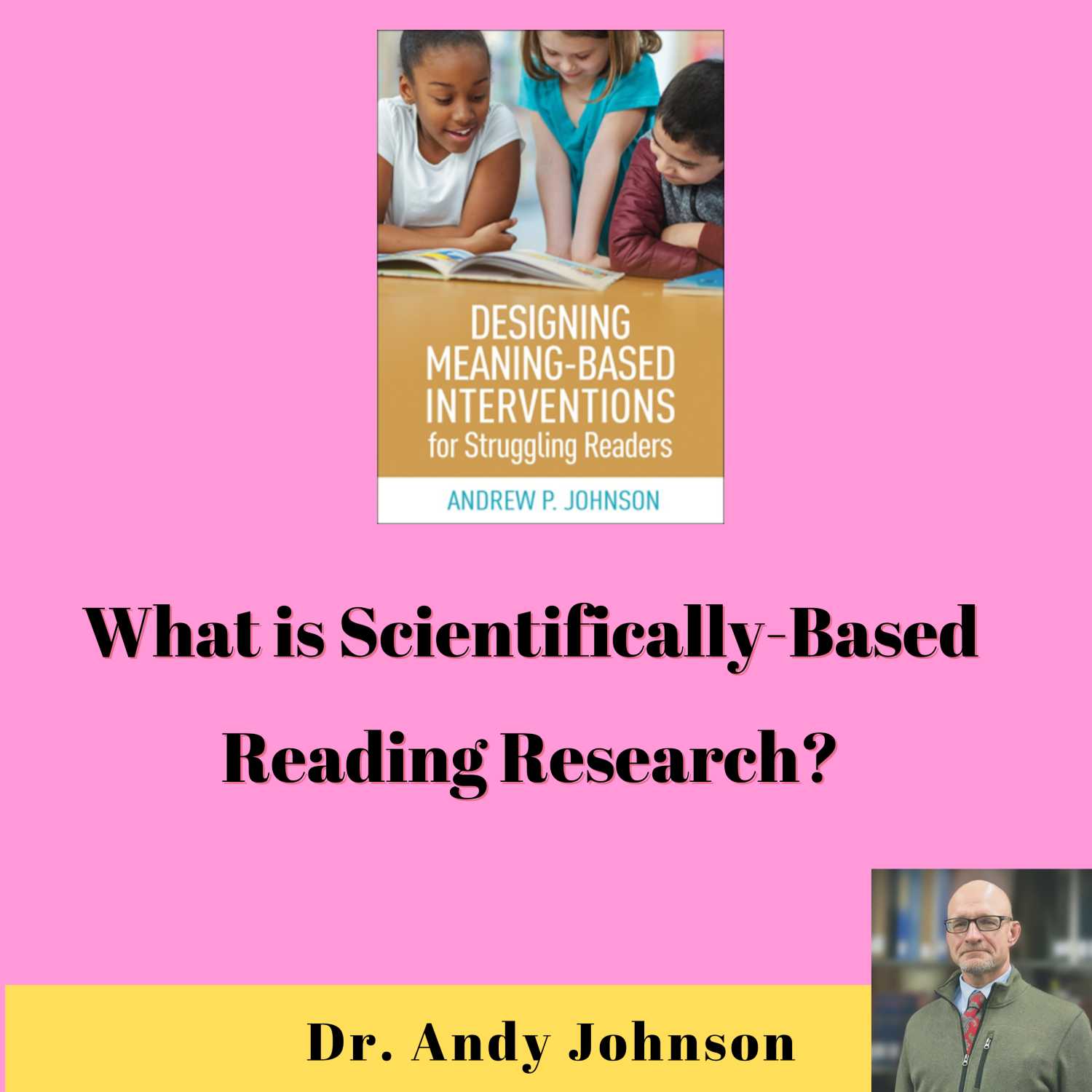
SCIENTIFICALLY BASED READING RESEARCH: WHAT IS IT?
We want reading instruction for all students to be based on “scientifically based research”. In RTI students are identified for special education services based on how they respond to interventions t…
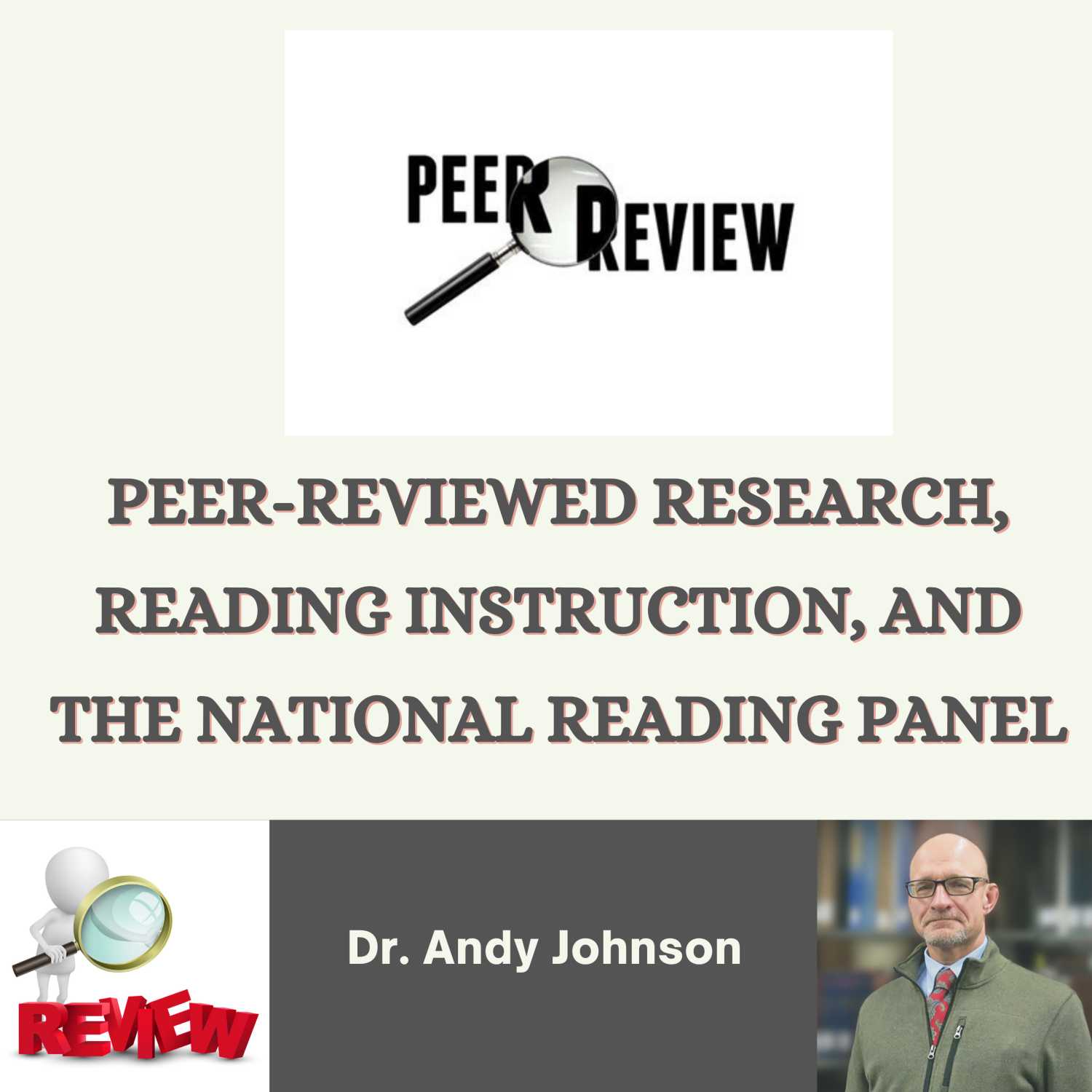
PEER-REVIEWED RESEARCH, READING INSTRUCTION, AND THE NATIONAL READING PANEL
Federal guidelines related to IEPs for reading state that special education services (instruction and interventions), should be based on “peer-reviewed research.” This podcast explores the mystery of…

FONIX PHACS
If the only tool you have is a hammer all the world becomes a nail. If the only tool you have to teach reading is phonics all the world becomes a phonics worksheet. This podcast describes (a) problem…

SHARED READING: A MULTILEVEL READING STRATEGY
The purpose of a shared reading lesson is to enable the whole class to share insights or have a common discussion around a book or text. Here students of varying ability levels interact with concept…